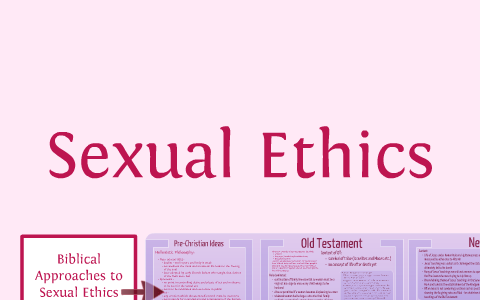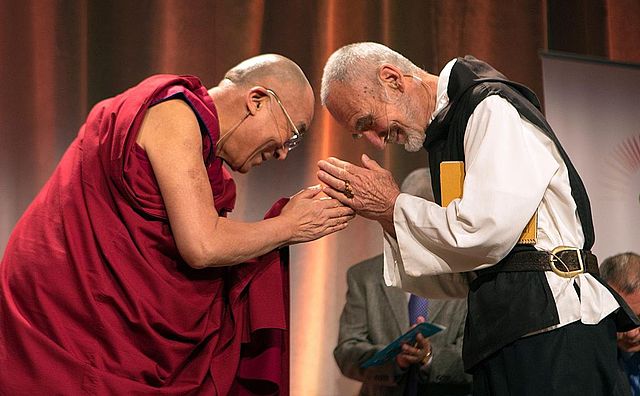You’ve probably heard about the Enders Game boycott. If not, it’s targeted at an upcoming sci-fi movie that’s based on a book of the same name by Orson Scott Card. The book is very famous and regularly makes lists of top sci-fi movies of all time (although this scathing review by Rebecca Watson is worth reading). I haven’t read it so can’t comment. The reason for the boycott is that Card is a homophobe and general wingnut whose opinions are dialled up to 11. In 1990, he wrote against the repeal of sodomy laws. Last year, he wrote a bizarre rant in which he warned against Obama arming an underclass of “urban” youths (whatever could he mean?!?) to terrorise and destroy society.
There has been a campaign to boycott the movie. It’s not really the stronger kind of boycott, known as a secondary boycott, where third party businesses (eg. movie theatres that screen the movie) are targeted. Instead, it’s the kind where people don’t watch the movie and encourage to others not to — for example, see the website Skip Ender’s Game. Still, some people don’t like this boycott one bit, often deploying arguments from freeze peach to open marketplaces of ideas to the collateral damage. Here’s a highbrow defence:
I can think of quite a few reasons why boycotting Ender’s Game is a bad idea. It looks like intimidation, which plays into the right’s “gay bullies” narrative, in which intolerant homosexuals are purportedly driving conservatives from the public square. It would have little or no effect on Card while punishing the many other people who worked on the movie, most of whom, Hollywood being Hollywood, probably are not anti-gay (and many of whom almost certainly are gay). It would undercut the real raison d’être of the gay-rights movement: not to win equality just for gay Americans but to advance the freedom of all Americans to live as who they really are and say what they really think. Even if they are Orson Scott Card.
[Source, HT Roz Bellamy]
Here’s a more lowbrow defence from another post, inside That-Section-Of-Websites-That-You-Must-Not-Read:
[A] boycott is a means to stifle free speech. It is a fear tactic to keep people silent. If you think its unfair that gays cant marry in the Untied States you should try living in the Middle East where they just stone you to death. Nobody here is keeping you from living with one another. Most of us just dont care and we dont want to know!
The topic of creative people who have done horrible shit has been spiking because of recent appearances of Chris Brown, R. Kelly, Roman Polanski and Woody Allen in the news. There’s a good discussion about this on Thrillercast here about the idea of separating the author from the work. One of the points they mention is a pretty obvious fact. If you do something that people consider horrible, you can’t act surprised that they won’t want to give you money or that they’ll find it hard to enjoy your work. But my main response to those who are anti-boycott is this:
If it’s wrong to boycott a product this must imply that it’s obligatory to buy it.
Most of the times that people try to deploy formal logic in social arguments, it doesn’t work. But here, the conclusion is inescapable. It reminds me of arguments that vegetarianism is wrong, since those imply that it’s obligatory to eat meat. Either way, it’s pretty bizarre idea since it implies that people are ethically obliged to see the movie. What are the parameters then — that everyone on earth has to see the movie? That’s really out there. Does it apply to sci-fi fans such that if you might have seen the movie but don’t want to, you’re obliged to stifle your dislike? Even if you allow people to skip the movie (how kind) but object to the discouragement of others, what the hell’s wrong with trying to influence people’s consumption habits?
The most serious argument against the boycott is that Card will not actually make extra money from box office sales. If that’s true of Card, it’s true of the vast majority of people who worked on the movie. The vast majority of workers would have been on wages with no bonus tied to the movie’s success, so the pro-worker argument that I’ve also seen doesn’t fly. The only people whose bottom line is impacted are the movie’s investors. And even if you think they’re blameless, it’s a bit rich to expect people to see movies they find distasteful out of some obligation to give some wealthy people the high return on investment that they apparently deserve by funding the movie.
There are also arguments like “aren’t there more important things to boycott?”. This is a very bean-counter approach, I reckon. It doesn’t take a lot of effort NOT to see a movie and the symbolism of the the inaction would matter because humans pay attention to symbols, not being the spherical elephants of Straw-Vulcan rationality.
One more thing on such boycotts and on being selective about whose works you consume based on the person. Only a tiny percentage of works ever get to be made/seen/showcased. Being anti-boycott seems to assume a scarcity of creative material out there. The truth is the opposite. There’s lots of really amazing stuff out there by non-homophobes, non-transphobes, non-misogynists, non-racists, non-abusers, non-child-rapists. If you think our culture would suffer by not paying attention to artists who are horrible people, think what you’re really saying about the spread of talent in society.





0 Comments